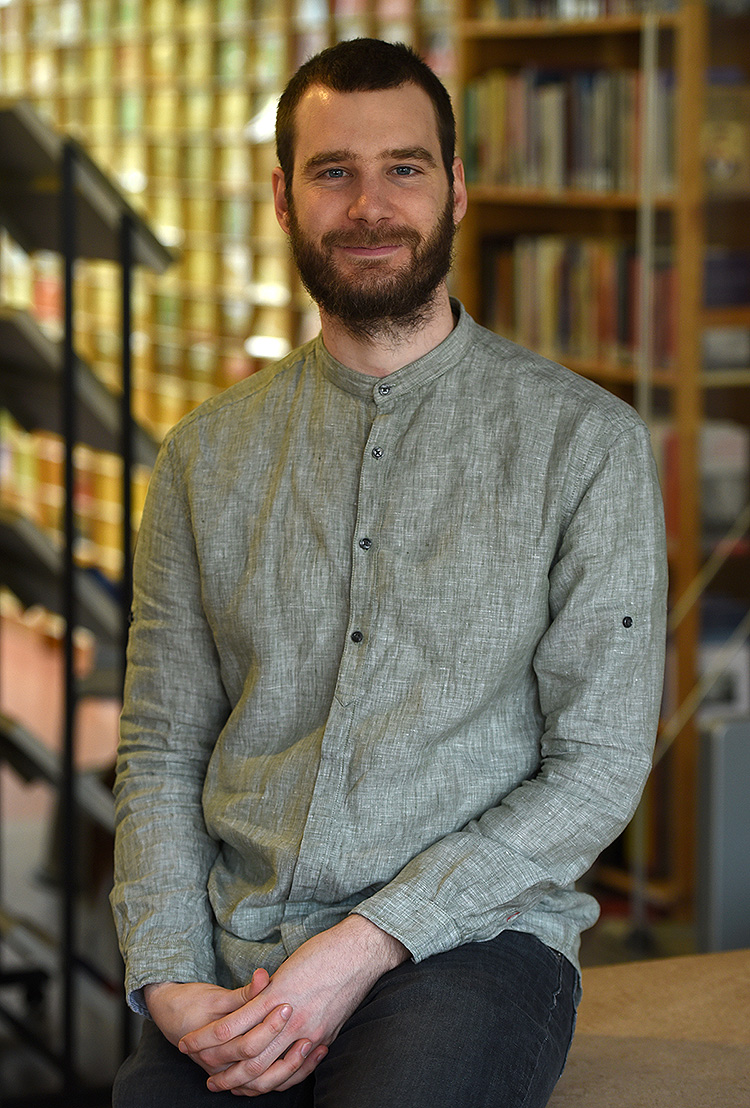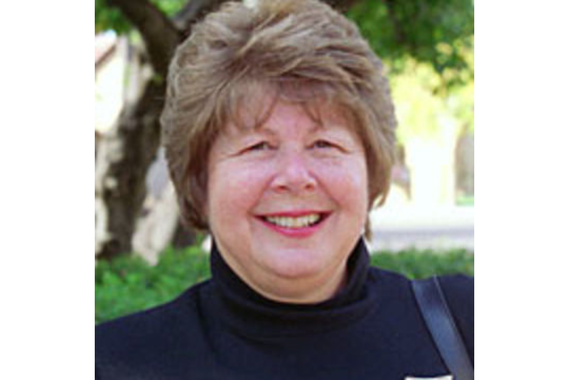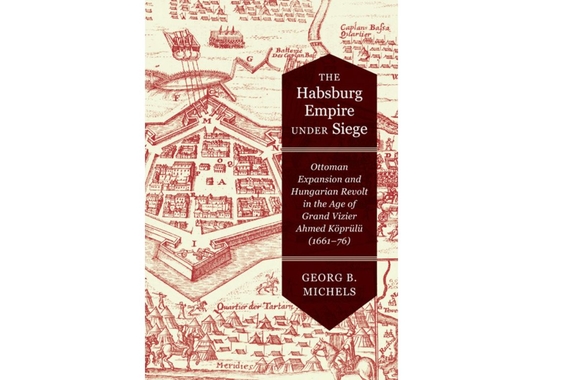Peter Wegenschimmel is the 2019-2020 BMBWF Fellow at the Center for Austrian Studies!
Peter Wegenschimmel is the 2019-2020 Center for Austrian Studies/Federal Ministry for Education, Science, and Research of the Austrian government (BMBWF) Fellow. He is a doctoral candidate in History at the University of Vienna (Austria) and the University of Regensburg (Germany) under the co-direction of Philipp Ther and Ulf Brunnbauer. Wegenschimmel is also a member of the Graduate School for East and Southeast European Studies in Munich/Regensburg, and until 2019, he was a research associate for the “Practices and Relations of Labor in Change” research group at the Leibniz Institute for East and Southeast European Studies. Wegenschimmel has also participated in a range of projects in the field of labor and business history, among them the German Research Foundation (DFG)-funded “Transformations from Below: Shipyards and Labor Relations in the Uljanik (Croatia) and Gdynia (Poland) Shipyards since the 1980s,” on the transformation of labor relations since the 1970s.

In his dissertation, “Nonprofit Industry: The Long Road to Liquidation of Shipyards in Eastern Europe,” Wegenschimmel explores how two shipyards (Uljanik in Croatia and Gdynia in Poland) have managed, despite chronic unprofitability, to survive institutional upheavals since the 1970s. His research posits that while the shipbuilding industry is global in scope and networks, it has also long been closely connected to state actors and embedded within local, regional, and state-level infrastructures. This is especially true in the late and post-socialist contexts where the influence of the Croatian and Polish states, which were themselves undergoing a transformation, proved to be decisive in ensuring the survival of the shipyards. The dependence on state actors led the shipyards to adopt logics similar to those of non-profit organizations. Finally, it was the accession to the European Union (2004 for Poland, 2013 for Croatia) that put an end to the legitimacy of unprofitable enterprises. European integration, Wegenschimmel argues, represents for these shipyards a much more a critical juncture than the year of 1989 and its immediate aftermath.
Peter Wegenschimmel will remain at the University of Minnesota until late spring 2020. You can reach him at the following email address: pwegensc@umn.edu


